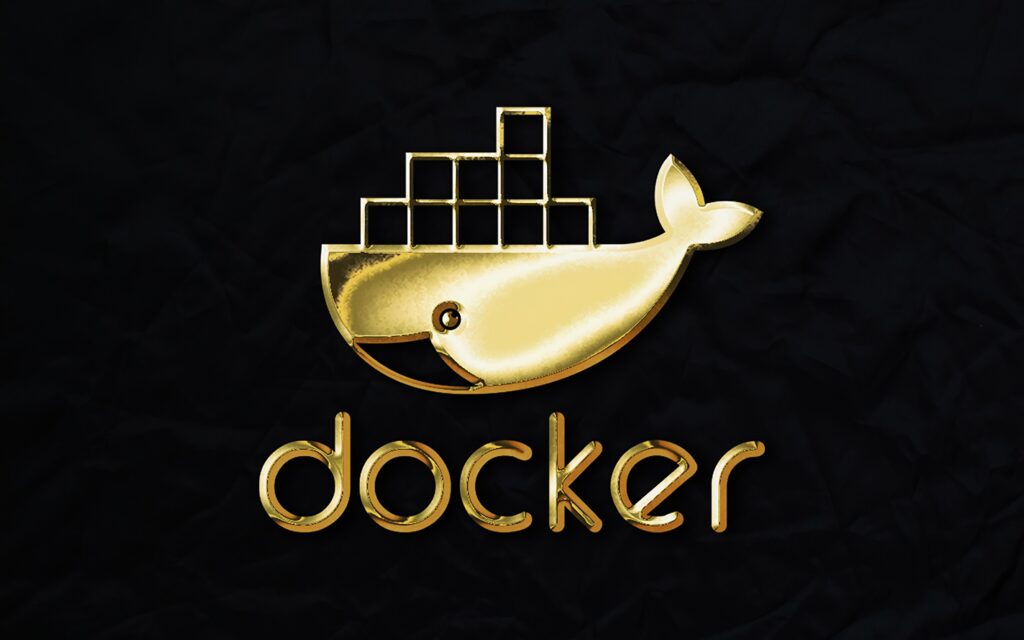In the realm of DevOps, containerization has revolutionized the way software is developed, deployed, and managed. Docker and Kubernetes have emerged as two powerful technologies that enable organizations to streamline their application development and deployment processes. This article explores the benefits and best practices of leveraging Docker and Kubernetes in the cloud to enhance DevOps practices, improve scalability, and achieve greater efficiency.
Understanding Containerization

Containerization is a lightweight virtualization method that allows developers to package applications and their dependencies into self-contained units called containers. Containers provide a consistent and isolated runtime environment, ensuring that applications run reliably across different computing environments.
The Power of Docker
Docker has become synonymous with containerization, providing a user-friendly interface and a comprehensive set of tools for creating, deploying, and managing containers. Docker simplifies the process of packaging applications into containers, making it easier for developers to build, test, and deploy software consistently across different environments.
Advantages of Using Docker in DevOps
a) Streamlined Development: Docker enables developers to create lightweight, portable, and reproducible development environments. It eliminates the “works on my machine” problem and ensures consistent environments for all team members, promoting collaboration and speeding up the development process.
b) Improved Deployment Process: Docker containers provide a consistent deployment artifact that encapsulates an application and its dependencies. This allows for faster and more reliable deployments, as containers can be easily moved between environments without compatibility issues.
c) Scalability and Resource Efficiency: Docker’s container-based architecture enables horizontal scalability, allowing applications to scale up or down based on demand. Containers consume fewer resources compared to traditional virtual machines, resulting in improved resource utilization and cost savings.
d) Simplified Operations: With Docker, managing and orchestrating containers becomes more manageable. It provides a centralized platform for container management, simplifies application updates and rollbacks, and enables easy scaling and load balancing through Docker Swarm or Kubernetes.
Introduction to Kubernetes

Kubernetes is an open-source container orchestration platform that automates the deployment, scaling, and management of containerized applications. It provides advanced features such as automatic load balancing, service discovery, and self-healing capabilities.
Leveraging Kubernetes in DevOps
a) Efficient Resource Management: Kubernetes allows organizations to optimize resource utilization by dynamically scaling applications based on workload demands. It ensures high availability, fault tolerance, and efficient resource allocation.
b) Service Discovery and Load Balancing: Kubernetes provides built-in service discovery and load balancing mechanisms. It simplifies the process of exposing services within a cluster and distributing traffic to application instances, ensuring smooth operation and scalability.
c) Continuous Deployment and Rollbacks: Kubernetes integrates seamlessly with CI/CD pipelines, enabling the continuous deployment of containerized applications. It allows for easy rollbacks in case of issues and provides a declarative approach to application management.
d) Autoscaling and Self-Healing: Kubernetes enables the autoscaling of application instances based on defined metrics, ensuring optimal performance and cost-efficiency. It also provides self-healing capabilities by automatically restarting or replacing failed containers.
Best Practices for Docker and Kubernetes in the Cloud

a) Build Secure Images: Follow security best practices when building Docker images, including using official base images, scanning for vulnerabilities, and regularly updating dependencies.
b) Optimize Resource Usage: Configure resource limits and requests for containers to ensure efficient resource allocation and prevent resource contention.
c) Implement Monitoring and Logging: Utilize monitoring and logging tools to gain insights into container and cluster performance, identify issues, and facilitate troubleshooting.
d) Employ Security Measures: Implement network policies, authentication, and authorization mechanisms to secure containerized applications and control access to resources.
e) Backup and Disaster Recovery: Implement backup and disaster recovery strategies for critical data and applications running in containerized environments.
Conclusion
Containerization, powered by Docker and Kubernetes, has become an integral part of modern DevOps practices. By leveraging these technologies in the cloud, organizations can achieve streamlined development, faster deployment cycles, improved scalability, and efficient resource management. However, it is essential to follow best practices for building secure images, optimizing resource usage, monitoring and logging, implementing security measures, and ensuring backup and disaster recovery. Embracing containerization with Docker and Kubernetes empowers organizations to unlock the full potential of DevOps and maximize their efficiency in the cloud.
FAQs:
Are Docker and Kubernetes exclusive to cloud environments?
No, Docker and Kubernetes can be used in both cloud and on-premises environments. However, the cloud provides additional benefits such as scalability, ease of management, and cost-effectiveness.
Can I use Kubernetes without Docker?
Yes, Kubernetes supports different container runtimes apart from Docker, such as Containerd and CRI-O. However, Docker remains one of the most popular choices due to its extensive tooling and ecosystem.
Are there any alternatives to Kubernetes for container orchestration?
Yes, there are alternative container orchestration platforms such as Apache Mesos and Docker Swarm. However, Kubernetes has gained significant traction and community support, making it the de facto standard for container orchestration.
How do Docker and Kubernetes enhance security in DevOps?
Docker and Kubernetes provide mechanisms for isolating applications and resources, implementing security measures like network policies and authentication, and facilitating secure deployment and management practices.
Can I run existing applications in containers using Docker and Kubernetes?
Yes, Docker and Kubernetes support running both new and existing applications in containers. Existing applications can be containerized, allowing for easier deployment, scalability, and management within a cloud-based DevOps environment.

